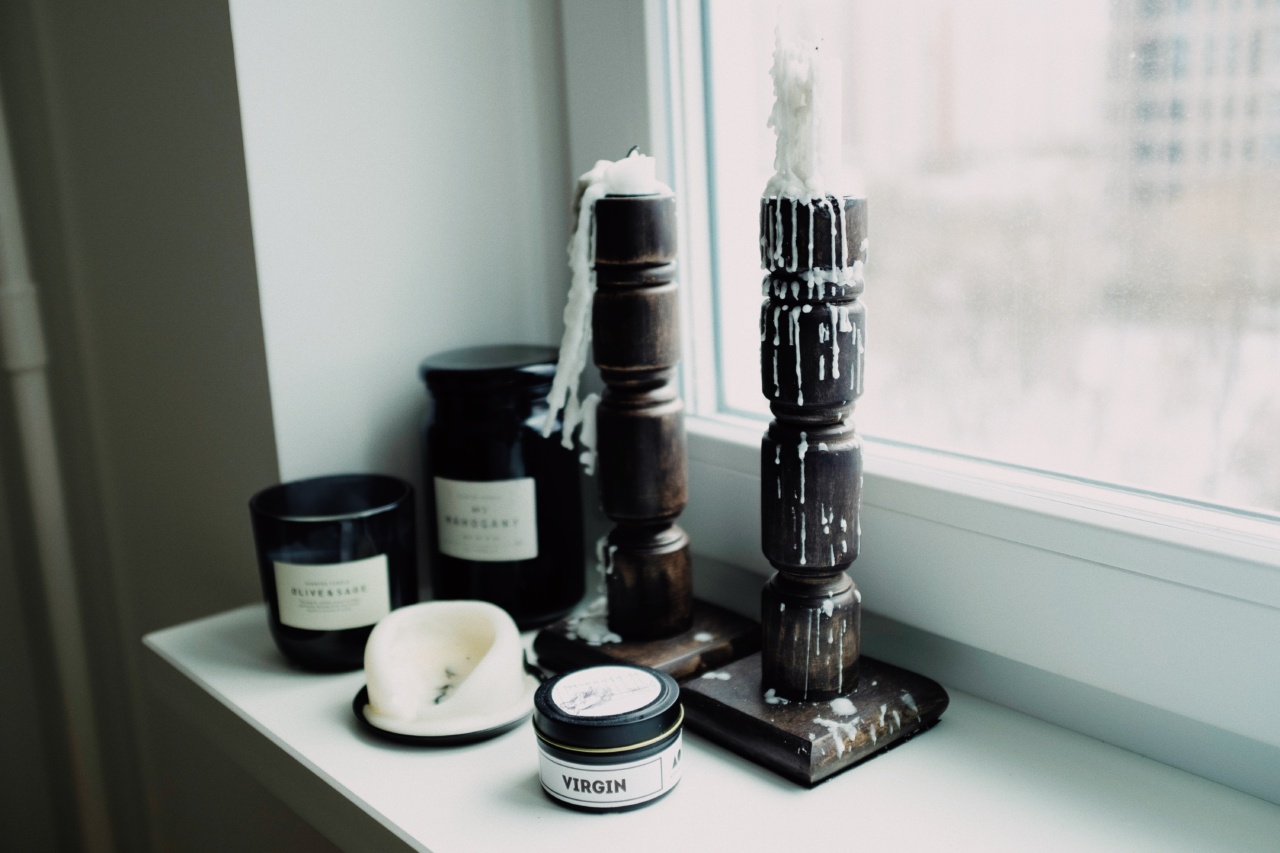Most people don’t give earwax a second thought, let alone consider it as a factor in one’s mental health. But scientists have recently found a correlation between certain types of ear wax and various mental health issues.
The composition of ear wax can give away a lot about a person’s physical and mental state, including stress, anxiety, and even depression. Let’s take a closer look.
H2: The Types of Ear Wax and What They Mean
There are two types of earwax—wet and dry. But the type of earwax you have depends on your genetics.
Studies have shown that people of Asian descent are more likely to have dry, flaky earwax, while those of African or European descent tend to have a wet, yellow-brown wax.
H2: Wet Ear Wax
People with wet earwax are more likely to have higher levels of anxiety and stress, according to a study published in the journal Scientific Reports.
This type of earwax is more common in people of African and European descent, and it is made up of more moisture and organic compounds. When this type of earwax mixes with bacteria and dead skin cells, it can become smelly and even lead to infections. So, it’s essential to keep your ears clean if you have wet earwax.
H2: Dry Ear Wax
Those with dry earwax tend to have a lower risk of mental health issues. This type of earwax is more common in people of Asian descent, and it is made up of fewer moisture and organic compounds.
People with dry earwax tend to produce less sweat and have a lower risk of body odor. However, dry earwax can cause blockages in the ear canal and lead to hearing problems if left untreated.
H2: Other Factors That Can Impact Ear Wax
In addition to genetics, other factors can impact the composition of earwax and the risk of mental health issues. For example, stress can trigger the production of more earwax, leading to blockages or infections.
In contrast, people who take medications like antidepressants or mood stabilizers may experience dry earwax as a side effect.
H2: What You Can Do About Earwax
If you notice unusual changes in your earwax, it’s essential to talk to your healthcare provider. Your doctor may recommend a cleaning or lifestyle changes to improve your earwax’s composition.
You can also take steps to keep your ears clean and healthy, such as:.
- Using a warm damp cloth to clean the outside of your ear canal
- Avoiding cotton swabs or other objects that can push wax further into the ear canal
- Using ear drops to soften and loosen the earwax before cleaning
- Seeking medical care if you experience hearing loss, pain, or other symptoms
H2: Final Thoughts
While it may seem strange, the composition of earwax can give insight into one’s mental health. People with wet earwax are more likely to experience anxiety and stress, while those with dry earwax tend to have lower risks of these issues.
However, other factors can impact earwax, such as genetics, stress, and medication use. So, it’s essential to consider the signs of your earwax and talk to your healthcare provider if you notice any unusual changes.































